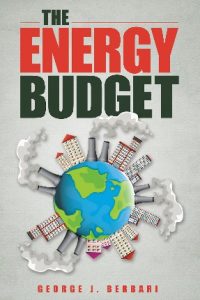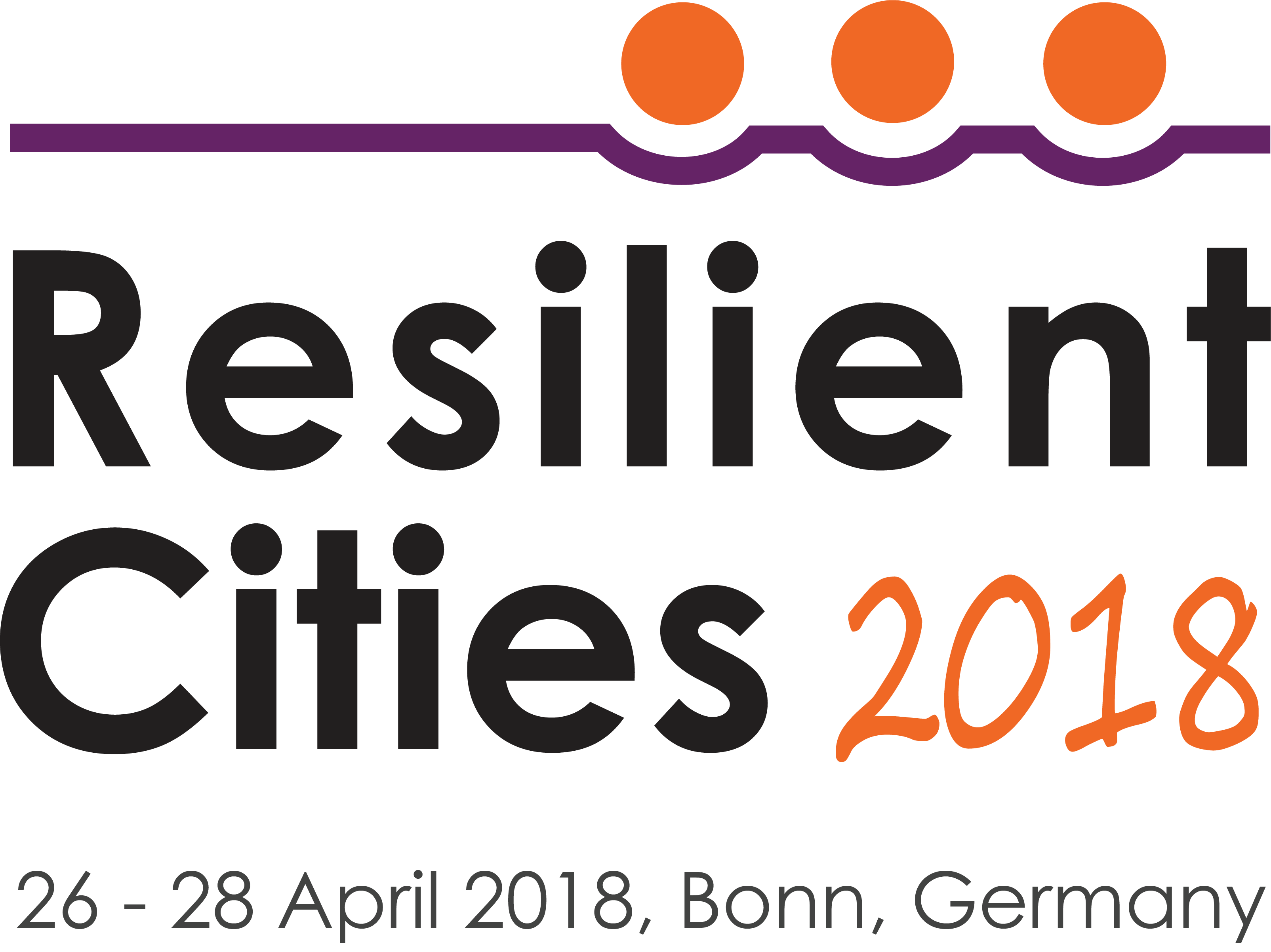Resilience Innovators Hour
“We can’t solve problems by using the same kind of thinking we used when we created them”
Albert Einstein

Mitigating financial risks of air quality improvement measures
Munich Re presents an impact bond concept to finance air pollution mitigating measurements, which depict usually a financial burden for the public sector – comprising e.g.public transportation systems improvements, electric mobility solutions or introduction of other tools to reduce air pollution. Testing, evaluating and visualizing the financing parameters needed to determine the success of air quality improvement measures requires environmental input data on a city-scale. The Munich-based company Hawa Dawa specializes in providing environmental data (air quality, noise and microclimate), if desired, in real-time, by combining machine-learning-enhanced sensor data from a sensor network with external information, such as weather and traffic. The resulting high resolution heat maps can be accessed via an easy-to-use Application Programming Interface (API). Munich Re’s impact bond concepts may also be applicable for financing any kind of environmental risk mitigation measurement.
Speakers:
- Thomas Arnoldt, Senior Manager Structuring, Munich Re, Munich, Germany
- Julian Wiegelmann, Manager Origination Capital Partners, Munich Re, Munich Germany
- Karim Tarraf, CEO, Hawa Dawa GmbH, Munich, Germany

Keeping power grids resilient with a comprehensive transformer concept
What can be done to make urban power grids more resilient, protect them from extreme weather events and minimize economic losses following natural disasters / human attacks?
This is the focus of Siemens AG’s presentation, which highlights power transformers as the most critical assets located at the most critical nodes of modern power grids. Ultimately they save time, money and give cities peace of mind by keep the lights on at all times.
Speaker:
- Heiko Milk, Senior Manager, Business Development, Siemens AG, Nüremberg, Germany

A structured and self-financed plan to reduce City Energy
Every country, city, town and factory should have a specific energy budget. That budget would not be set by politicians but by independent elected or appointed energy governors similar to a Central Bank Governor – which will be transcended to every home, commercial building, factory and transportation body. The ‘Energy Budget’ proposes to reward efficiency by providing lower rates and penalise inefficiency with higher rates, the author insists. He stresses that under his plan, this wouldn’t be a revenue generator, but the whole population would benefit as the penalties would be used as a self-financing mechanism by each country or city to finance district energy in existing buildings and factories and fund research into the use of renewables, hydrogen and bio fuels.
Speaker:
- George Berbari, CEO, DC PRO Engineering, Dubai, United Arab Emirates
